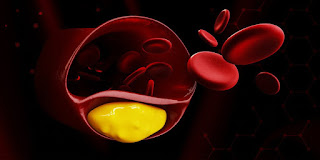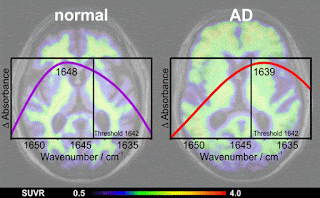Rhesus macaque model | A scope to study Zika brain pathology "Blood samples could be negative for virus, but there may still be virus in the brain," Van Rompay. Rhesus macaque monkeys develop similar brain pathology to human infants when infected in utero with Zika virus, it has been demonstrated at the California National Primate Research Centre. Rhesus macaques is proved to be an appropriate model system to study the infection of Zika virus during pregnancy and its effects on the foetus as well as to find ways to prevent, diagnose, mitigate or treat it. The foetuses caused brain disease when the Zika virus was directly administered into the amniotic fluid, unlike other related studies. Since all foetuses are affected, therapies can be tested using fewer animals. The women who were exposed to Zika virus during pregnancy can lead their babies to display “Cogenital Zika Syndrome”. Microcephaly (unusually small head size), calcification of brain tissues and other sig...
Search This Blog
Biology and Pathology of Infectious Disease Conference
ME Conferences Organizes 1000+ Global Events every year across Middle East, USA, Europe & Asia with support from 1000 more scientific societies which contains over 50000 reputed scientists, renowned personalities as editorial board members. The conference proceedings will be published in the related journals of the conference, which will be maintained with open access rights.



